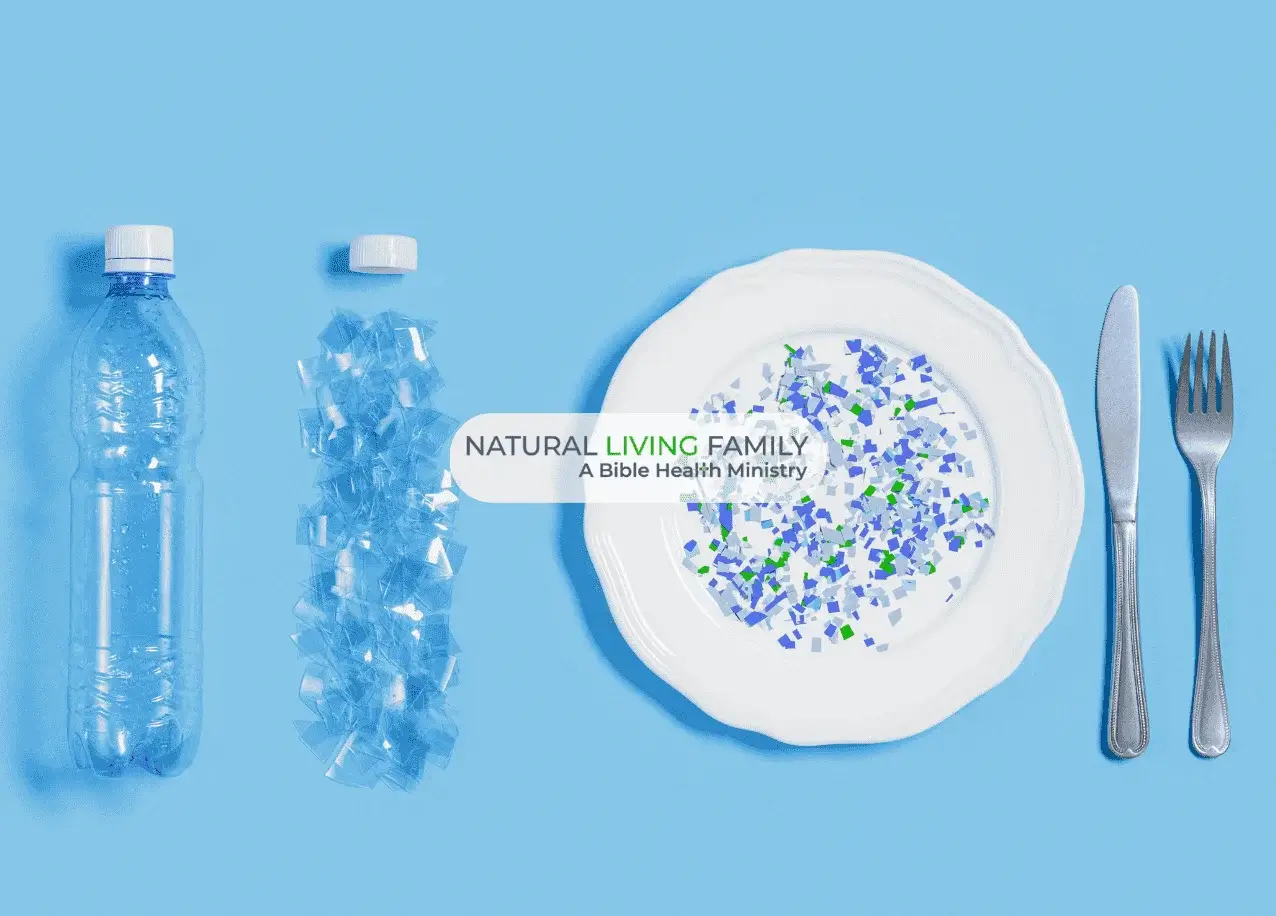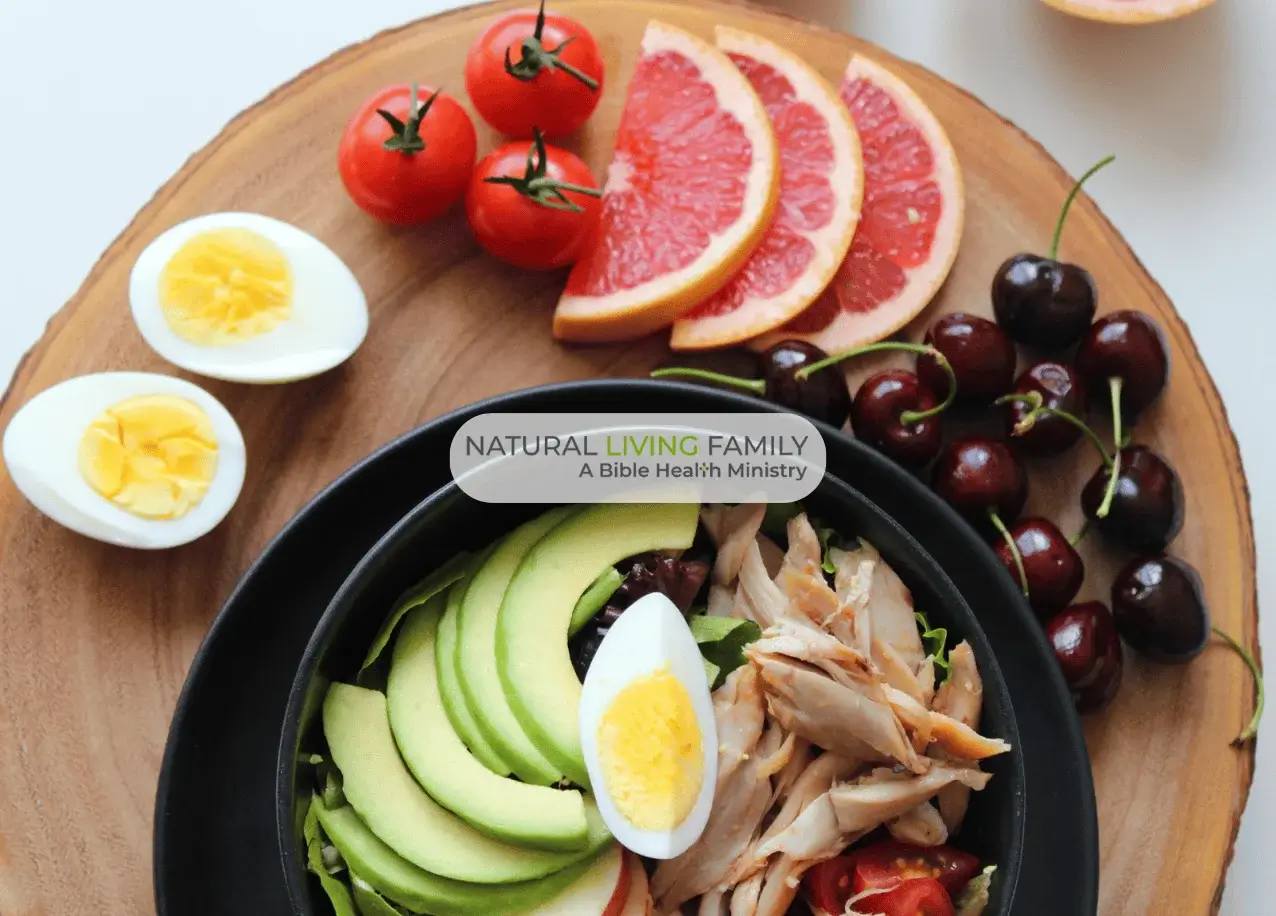Beware of sorbitol dangers. As American waistlines continue to grow, millions are seeking out “alternative” ways to satisfy their sweet tooth without the extra calories. More and more people are flooding the grocery stores to get their hands on things like sorbitol sweetened goodies that, interestingly enough, science has already proven are harmful. Why the FDA allows these products to be sold is another story completely.
But let me just say this, Just because something is legal doesn’t mean that it’s good!
What is sorbitol? The list of conditions caused by these deadly chemical continues to grow, and one of the most dangerous is sorbitol diabetic neuropathy. (1)
Table of Contents
What is Sorbitol & Its Side Effects
Although it was once widely accepted as a sugar alternative for diabetics and people trying to lose weight, research strongly suggests that sorbitol (2, 3) is now unfit for human consumption. Basically, it is a sugar alcohol that is often used to sweeten processed foods. Here’s where we start running into problems (especially for diabetics).
Some tissues contain sorbitol dehydorgenase, an enzyme that converts sorbitol into fructose. Tissues lacking this enzyme run the risk of sorbitol accumulating within the tissue. Moreover, an enzyme known as aldose reductase converts glucose into sorbitol. This process occurs in everyone to a degree, but in those with diabetes, for example, the conversion of glucose to sorbitol is greatly accelerated. When this happens, it depletes the body of essential nutrients like vitamins, minerals, and amino acids.
Sorbitol is also osmotically active, drawing water into cells, which causes these cells to swell. This can eventually result in serious complications such as sorbitol diabetic neuropathy and other issues diabetics should be aware of:
- Vision problems (retinopathy) (4, 5, 6)
- Kidney problems (nephropathy)
- Blood vessel damage.
This osmotic characteristic makes it especially useful as a laxative, which would explain the common complaint of gas, bloating, and other digestive issues after eating foods sweetened with this and other alcohol-sugars. Ultimately, because of its chemical constitution, sorbitol is not used by the body, so it takes a long time for the body to rid itself of the sugar molecule. As more food items are made with sorbitol and consumed by diabetics, combined with the accelerated conversion of glucose, sorbitol can build up over time.
Calorie Counters & Diabetics Beware!
Diabetics and those counting calories should give serious consideration to the dangers of not only sorbitol but all artificial sweeteners. Like many medical interventions, artificial sweeteners were initially recommended by diabetes organizations and MDs globally only to be retracted as “dangerous” due to the inherent risks. Sadly, millions of people have been affected by this misguided advice with irrevocable negative effects. Organizations like American Diabetes Services are now stating that,
“In general, you should try to avoid eating or drinking too many products with artificial sweeteners. Opt for those with natural sugar substitutes instead.”
The irony of it all is quite disheartening because all the damage that ensued by artificial sweetener consumption was directly caused by organizations like this that once heralded these toxins as “safe.” The question begging to be asked is, “What’s next?” What new chemical invention today is being widely accepted and recommended only to be shunned later on at the risk of millions of naive and unquestioning people?
Choose Safe, Natural Sweeteners
There are very safe and natural options that diabetics and those wanting to lose weight can utilize. For example, increasingly gaining popularity and becoming more common in processed foods and non-milk substitutes, stevia is a zero-calorie herbal sweetener that will not increase blood glucose levels, and has a delightfully pleasant flavor.
Now, pretty much available in health and generic grocery stores in processed, powered forms the plants themselves are very easy to grow in most climates and are do not require much maintenance. You can see the benefits of stevia here.
Next to stevia, the best natural sweeteners are:
Once you start to use these, you’ll never miss processed white sugar or alternative sweeteners!
- https://www.diabetes.org/resources/for-students/common-terms
- https://www.drugs.com/mtm/sorbitol.html
- https://www.sciencedirect.com/science/article/pii/S0014483598905024
- https://www.diabetesnet.com/cataracts-risk-factors-and-treatments/
- https://biochemistryquestions.wordpress.com/2008/12/01/cataracts-and-biochemistry-of-the-lens/
- https://www.ncbi.nlm.nih.gov/pmc/articles/PMC42302/pdf/pnas01485-0372.pdf











